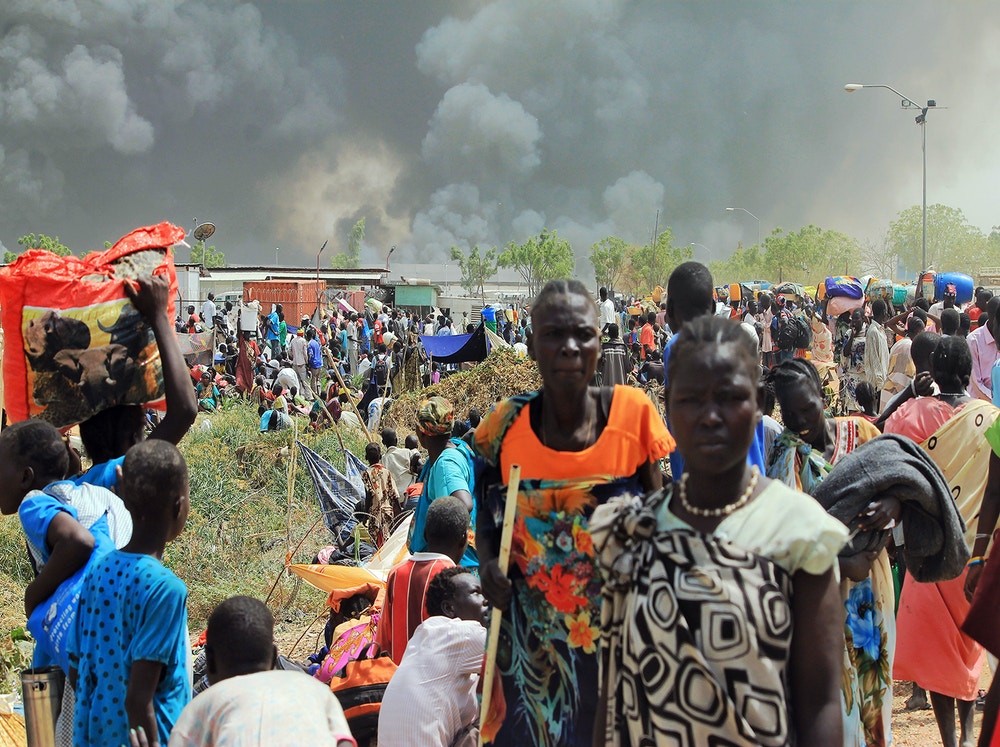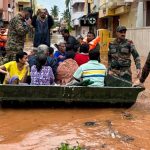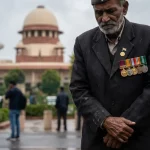The United Nations humanitarian chief has made a fervent appeal for immediate international action in response to the escalating crisis in Sudan, a country that has plunged into chaos amid ongoing conflict. During a recent nine-day visit to Sudan and neighboring Chad, Tom Fletcher emphasized the urgent need to address the dire situation faced by millions who have been displaced by violence.
Fletcher’s visit involved direct conversations with refugees, where he conveyed a powerful message: “We are not invisible.” This statement echoed the sentiments of those profoundly affected by the turmoil, as he committed to amplifying their plight and calling on the global community for increased support.
Since the onset of conflict in April 2023, Sudan has witnessed a brutal power struggle between the regular armed forces, commanded by Abdel-Fattah al-Burhan, and the paramilitary Rapid Support Forces under the leadership of Mohamed Hamdan Daglo. The repercussions of this violence have been catastrophic, resulting in the deaths of tens of thousands of people and the staggering displacement of over 11 million individuals. According to the UN, this unfolding crisis represents one of the most severe humanitarian emergencies in modern history.
During a visit to El-Geneina, the capital of West Darfur, Fletcher met with regional officials and listened to the “heart-rending stories” of refugees who have fled the ongoing violence. He described the situation as “tough,” reaffirming that it constitutes the largest humanitarian crisis currently facing the world. In remarks made available through a UN statement, Fletcher added, “I’ve been talking to local people to host communities.”
Prior to his time in Darfur, Fletcher inspected the Adre border crossing with Chad, where humanitarian aid deliveries have recently been extended for an additional three months. This crossing has become critical, with Fletcher referring to it as “a lifeline for desperately needed aid to reach people in Sudan.” He expressed his understanding of the severe challenges facing refugees, acknowledging their urgent needs for food, medicine, education, shelter, and a sense of dignity.
Shockingly, nearly 26 million people, almost half of Sudan’s total population, are currently at risk of mass starvation. Both factions involved in the conflict have been accused of weaponizing hunger as a form of warfare, exacerbating the already critical situation. Fletcher stressed the gravity of these statistics, urging the international community not to turn away from the suffering: “These numbers are staggering, and we cannot turn our backs.”
The call for action highlights the ongoing humanitarian disaster and the pressing need for a concerted global response to alleviate the crisis in Sudan.













